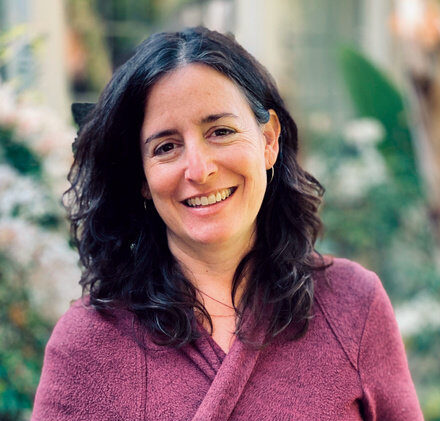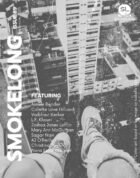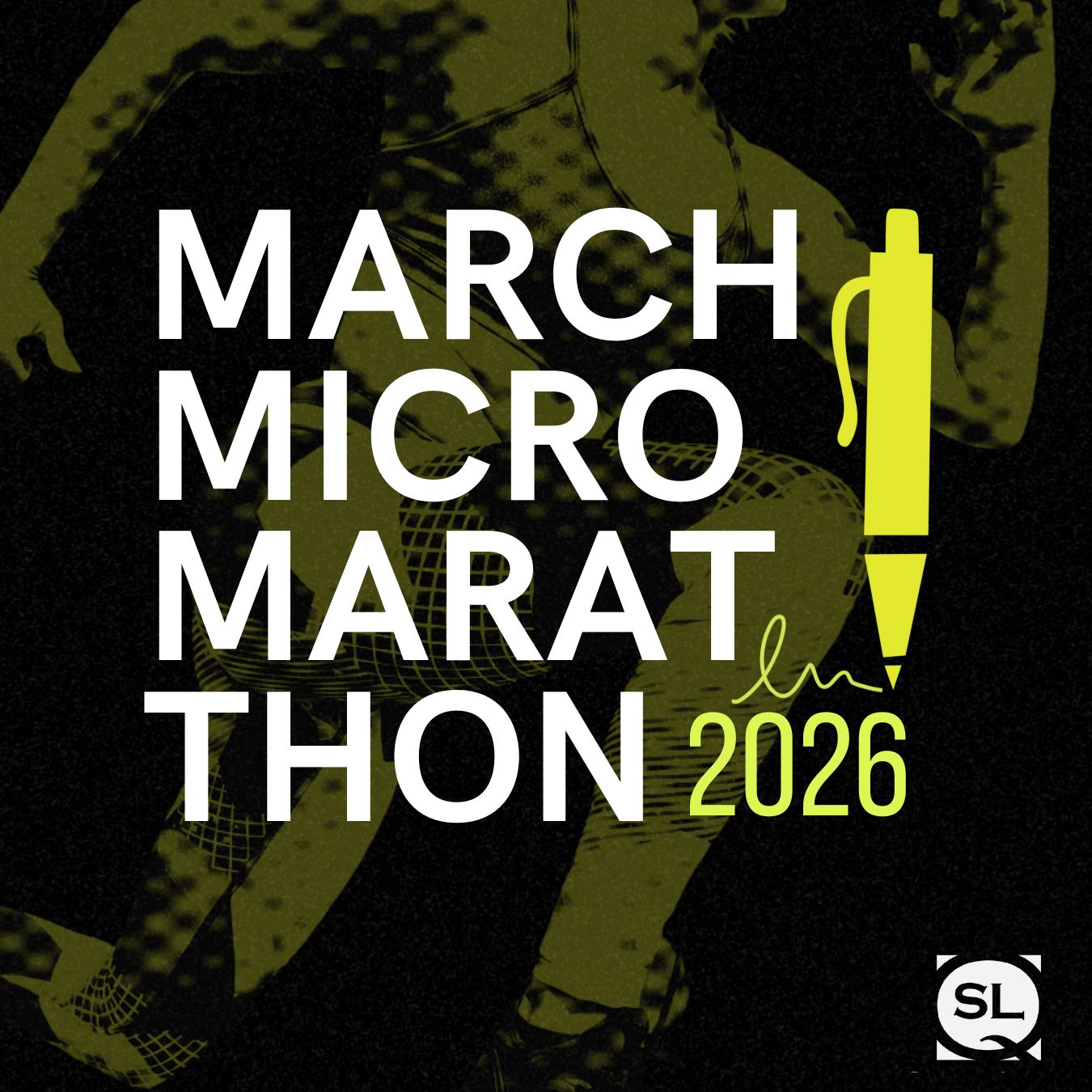You have three threads woven together here—the story of your father, of the taxed sump pump, and of Joni Mitchell making music—and it’s all seamless and brilliant. Are you on the lookout for events like this, elements you can combine into an essay, or did this one sneak up on you?
Snuck up on me! Though, it was also kind of in my face as I was experiencing it—watching my father’s swollen legs go down and seeing all that liquid pouring in the city. It almost felt too easy, gauche—but I liked that about it, too. The world ready for metaphor, offering it up. Then that idea ended up a part of the whole as well.
I’m much more familiar with your fiction than nonfiction. Anyone who has read your work knows you often fall under the fabulism moniker (maybe even define it). Can you talk about this departure, shifting to realism for CNF?
I still very much and thoroughly consider myself a fiction writer. Fiction is my main squeeze, no doubt, and I cherish the fabulism moniker. But sometimes something of life presents itself directly for writing, and that was this—trying to articulate something of what it felt like to be with my father during all that rain, to be with a beloved person while they decline. I’m Gen X and it’s what so many of my peers are going through right now—the aging parents, the growing kids, living the sandwich. “You are the deli meat!” my friend told me. And I feel that, being the deli meat of the generational sandwich. And that seemed like it warranted some time in nonfiction, even if a brief piece.
Following up on that, was there any thought of fictionalizing this story instead? I was thinking of “Marzipan” a bit when I read this, that narrator of yours considering her parents’ mortality, etc.
Nice! I am sure it’ll show up in fiction, but I never know how. Fiction does that trick of costuming things, so I don’t even quite know the source—for me, fiction’s costume is usually a conglomeration of many experiences mushed together, removed, made new, imagined, so that I can explore them all without knowing what I’m doing. That said, being with my dad at this last phase of his life was a time of a lot of emotional depth and sadness for me, so I’m sure that will work its way in.
The musical “third” of this story adds a soundtrack to everything, especially on second read, when you know what’s coming. I’ve heard that so much more recently, the “soundtrack” to a story, a novel, etc., what licensed music writers imagine for their work. Is this a practice you’ve adopted?
I didn’t know about that! Would love to hear more. Makes me think of “largehearted boy” who’s done a list for years, asking writers to essentially soundtrack their work, and that’s really fun to read and contribute to. In general, it’s hard for me to write about music. There’s something more meticulous in writing that, to me, in music, gets loose and spacious and then slips away from language. But it was helpful to think of my dad and Joni Mitchell and the other one, Judy Collins, and what songs he would walk around and sing, what songs shaped my childhood. My dad also loved Nina Simone and when he was very ill, and we put a little tape recorder near him playing old songs, he said, “That’s Nina!” at a time when he could barely talk. It was very moving, the immediate recognition.
I’m invoking Silence of the Lambs here, “Well, Clarice … have the lambs stopped screaming?” Instead, (in Hannibal Lecter voice): Well, Aimee … have the sumps stopped pumping?
Ha! And … yes. Now it’s another drought. We need the sump to find something to pump. But wow it lasted for months that other time. Into November, maybe? So much moss growing in little spots. All that’s dry and cracking now.
The SmokeLong Master Series Interview and Reading with Aimee Bender…



 In its third year, The March Micro Marathon will be, as usual, a prompt-a-day whirlwind for 24 days. You’ll exchange drafts of micro fiction, non-fiction, and prose poetry in small groups and gather for a series of online events (all recorded for participants unable to attend live). We’ll finish with 3 competitions, and participants who are not already in SmokeLong Fitness will be invited to workshop with SmokeLong Fitness until the end of April!
In its third year, The March Micro Marathon will be, as usual, a prompt-a-day whirlwind for 24 days. You’ll exchange drafts of micro fiction, non-fiction, and prose poetry in small groups and gather for a series of online events (all recorded for participants unable to attend live). We’ll finish with 3 competitions, and participants who are not already in SmokeLong Fitness will be invited to workshop with SmokeLong Fitness until the end of April!